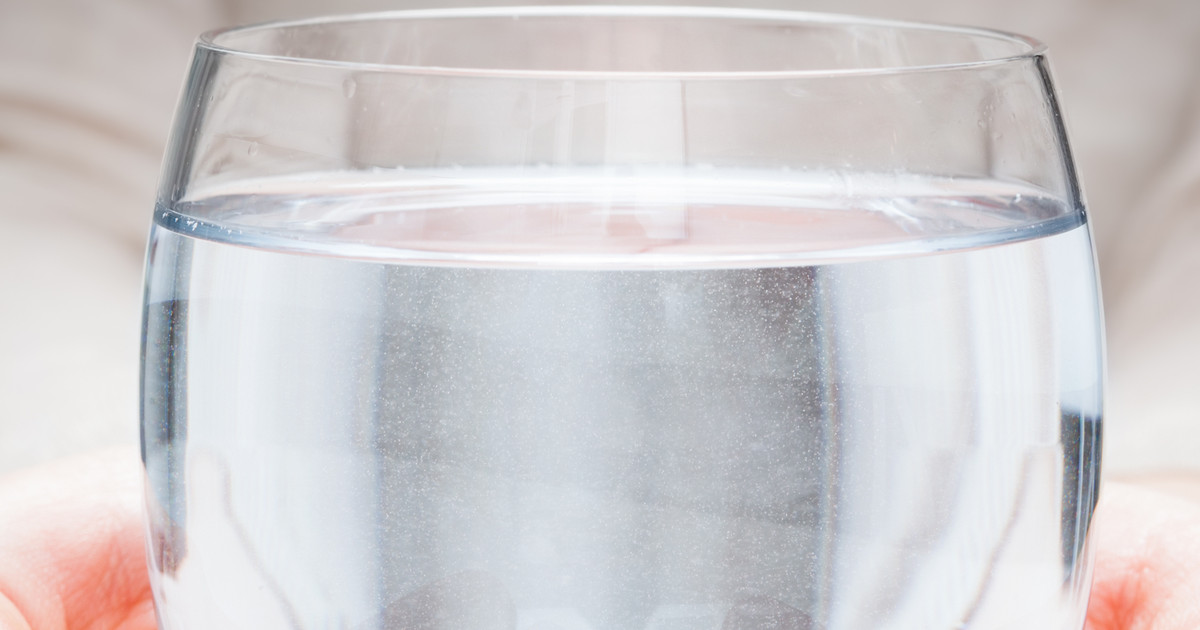What Is The BRAT Diet?
When To See A Doctor

Patients should consult a doctor if they have diarrhea that persists for more than forty-eight hours. A doctor's appointment is also necessary if diarrhea is accompanied by a fever of more than 102 degrees Farhenheit or if it occurs in conjunction with rectal pain or rectal bleeding. Individuals should contact a physician immediately if their abdominal pain becomes severe. Since many stomach illnesses can cause dehydration, it is important to be aware of the early warning signs of this issue. Potential warning signs of dehydration may include dry mouth, reduced urine output, dizziness, lightheadedness, and weakness. Patients with these symptoms may need to rehydrate themselves with an oral rehydration solution, and individuals with severe dehydration often need intravenous fluids. Doctors will be able to determine the severity of a patient's dehydration and decide on the most effective treatment. Patients with nausea should contact their primary doctor if their nausea lasts more than two days or if it keeps coming back. If nausea is accompanied by chest pain, abdominal pain, or shortness of breath, patients should go to an urgent care center or the emergency room.
Learn about how fluids play into the BRAT diet next.
Importance Of Fluids

Patients with any type of digestive illness need to be aware of the importance of fluids, especially when they are at the point of needing the BRAT diet. Individuals with these illnesses frequently experience diarrhea and vomiting, and these symptoms increase the risk of developing dehydration. To reduce this risk, doctors recommend that patients consume many different types of fluids during their illness. In addition to water, it may be beneficial to try coconut water, and some individuals also enjoy clear broths and apple juice. Herbal teas with ginger and peppermint could help relieve nausea and increase hydration, and some patients may find it beneficial to drink non-dairy milk as well. Adding soup to the diet is another way to improve hydration. Patients who are particularly concerned about their hydration might want to use an oral rehydration solution. These solutions can be purchased over the counter at pharmacies, and they are available as liquids and in powdered formulas patients can mix with water. When using an oral rehydration solution, patients should follow the preparation and dosing instructions on the package. The solutions can help relieve diarrhea, and they are appropriate for the treatment of mild to moderate dehydration. To prevent dehydration, it may be beneficial to track fluid intake with a journal or online app.
Discover how to appropriately transition off the BRAT diet next.
